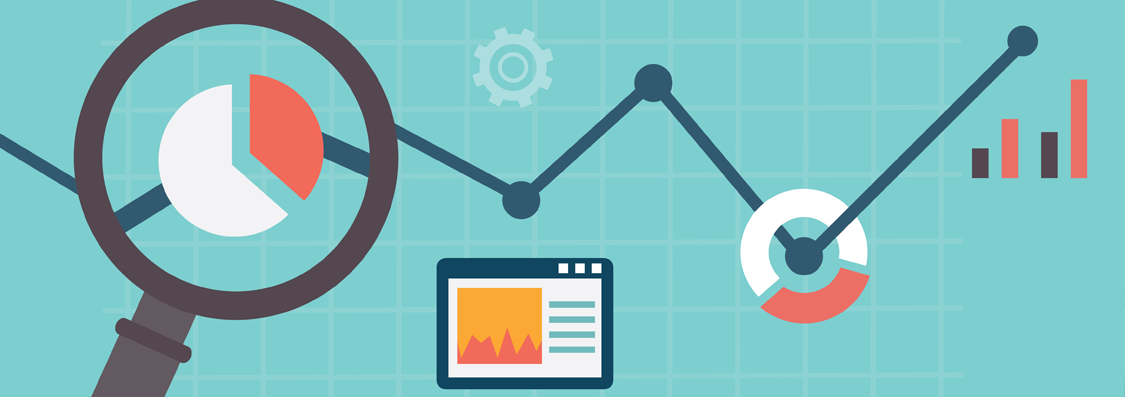TOGAF 9.1 Vs Archimate 2.1
Both TOGAF and the ArchiMate modeling language were developed and maintained by The Open Group.
TOGAF describes the process of developing and managing enterprise architecture frameworks, but it doesn’t contain a defined modeling language structure. ArchiMate is meant to be complementary to the TOGAF content framework and architecture development process. As such, while some people start with an ‘ArchiMate vs. TOGAF’ mindset, they quickly realize that one can greatly enhance the other.
So What are the Differences?
ArchiMate is a multi-purpose modeling language, whereas TOGAF is an Architecture Development Framework.

Core Relationship Types in ArchiMate
TOGAF provides a Single Holistic meta-model with relationships, while ArchiMate provides a High-Level generic meta-model, as well as detailed per domain or layer meta-models.

Where TOGAF defines logical and physical concepts, ArchiMate makes no distinction between logical and physical architecture components.
ArchiMate is diagram-based, whereas TOGAF contains three different artifacts: Catalogues, Matrices, and Diagrams.
TOGAF artifacts are agnostic and can be created using any modeling language. In contrast, ArchiMate viewpoints are specifically tailored to the ArchiMate languages.
ArchiMate relationships have a simplified structure and provide better support for cross-domain relationships. In contrast, TOGAF has many relationships, which make it difficult to maintain consistency, especially when using different notations.
TOGAF has a clearly defined Architecture Development Method (ADM), but ArchiMate has no defined architecture development process or method.
What do you need to know about ArchiMate 3 and TOGAF 9.2? Good e-Learning offers a range of enterprise architecture certification courses, including a combined TOGAF 9 Certified & ArchiMate 3 Practitioner suite. Contact Good e-Learning today to find out more!
Are you interested in writing for Good e-Learning? We are currently accepting guest contributions and content exchanges in areas like ITSM, DevOps, and Cyber Resilience. Visit our Write for Us page to find out more, or contact a member of our team today!




